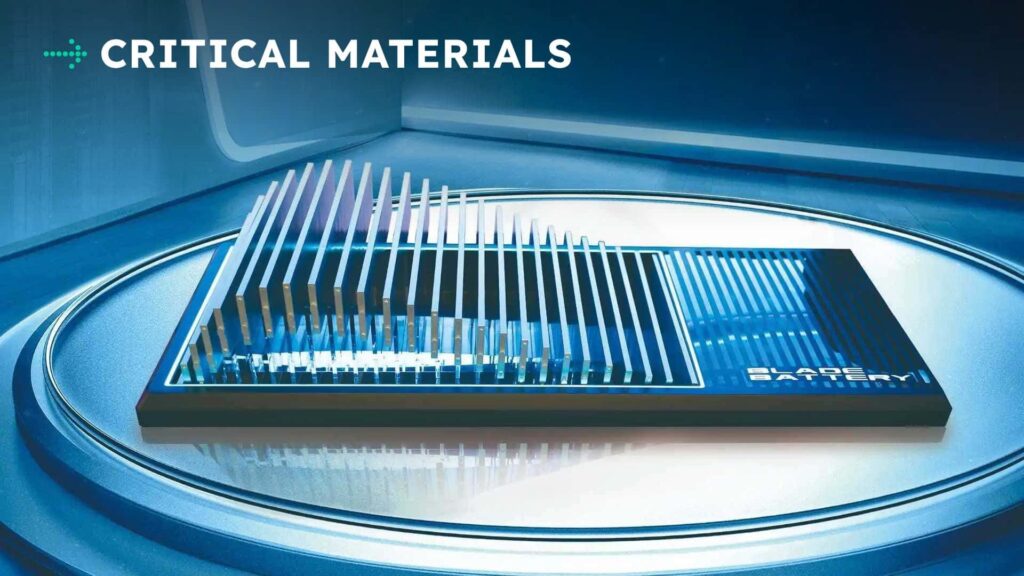The United States has a rich history of innovation in the field of rechargeable lithium-ion batteries. The early development of nickel-manganese-cobalt (NMC) cathodes at Argonne National Laboratory and the pioneering work of John Goodenough at the University of Texas at Austin in creating the lithium-iron-phosphate (LFP) battery are testaments to American ingenuity.
However, while the U.S. laid the groundwork for these advancements, China took the lead in scaling up production and utilization of these technologies. The LFP battery, in particular, has become a cornerstone of the global electric vehicle (EV) revolution due to its cost-effectiveness, thermal stability, and consistent performance.
Chinese companies like CATL, BYD, CALB, and Gotion have propelled LFP to dominance, with the chemistry now accounting for nearly 81% of installed battery production in China. This success story highlights how China leveraged American research to become the world’s largest battery maker and a leader in EV technology.
Meanwhile, U.S. automakers are starting to adopt LFP batteries in models like the Tesla Model 3, Ford Mustang Mach-E, and Rivian R1T and R1S. However, the U.S. has fallen behind in terms of innovation and market dominance, with China now setting the pace in EV technology.
The shift in the global EV landscape is evident in Nissan’s radical turnaround plan, led by CEO Ivan Espinosa. The plan involves significant cost-cutting measures, including workforce reductions and factory closures, to save the struggling automaker billions of dollars. While Nissan is launching new EV models like the next-generation Leaf and Skyline sedan, the success of these efforts remains uncertain in a competitive market.
Tesla, on the other hand, is urging its battery supplier Panasonic to ramp up EV battery production in the U.S. to qualify for tax credits and mitigate the impact of tariffs. The push for domestic battery production aligns with Tesla’s strategy to secure a stable supply chain and reduce dependence on foreign imports.
As the automotive industry undergoes rapid transformation towards electrification, the role of battery technology and manufacturing becomes increasingly critical. The success of companies like CATL and Tesla underscores the importance of innovation, scalability, and strategic planning in shaping the future of EVs.
In this evolving landscape, the new Leaf from Nissan represents a pivotal moment for the automaker. With improved efficiency and charging capabilities, the new Leaf aims to revitalize Nissan’s EV lineup and cater to the growing demand for affordable electric vehicles.
Overall, the story of American innovation in battery technology serves as a reminder of the importance of foresight, investment in research and development, and strategic partnerships in driving the future of sustainable transportation.

